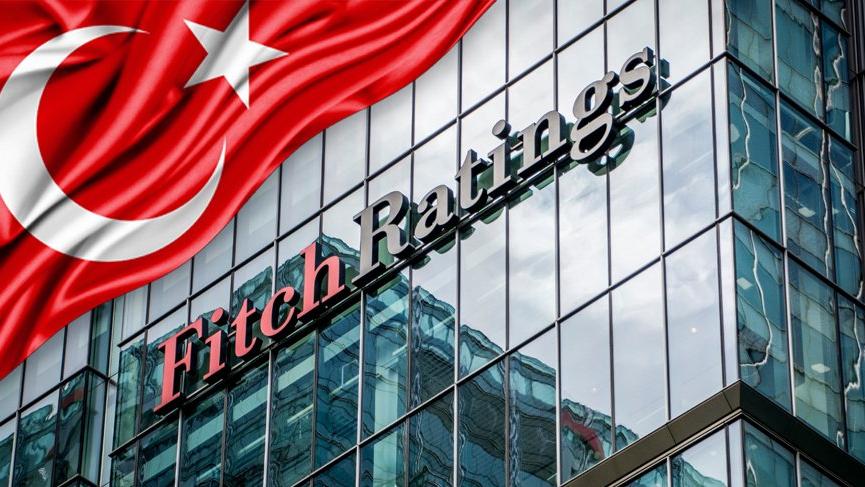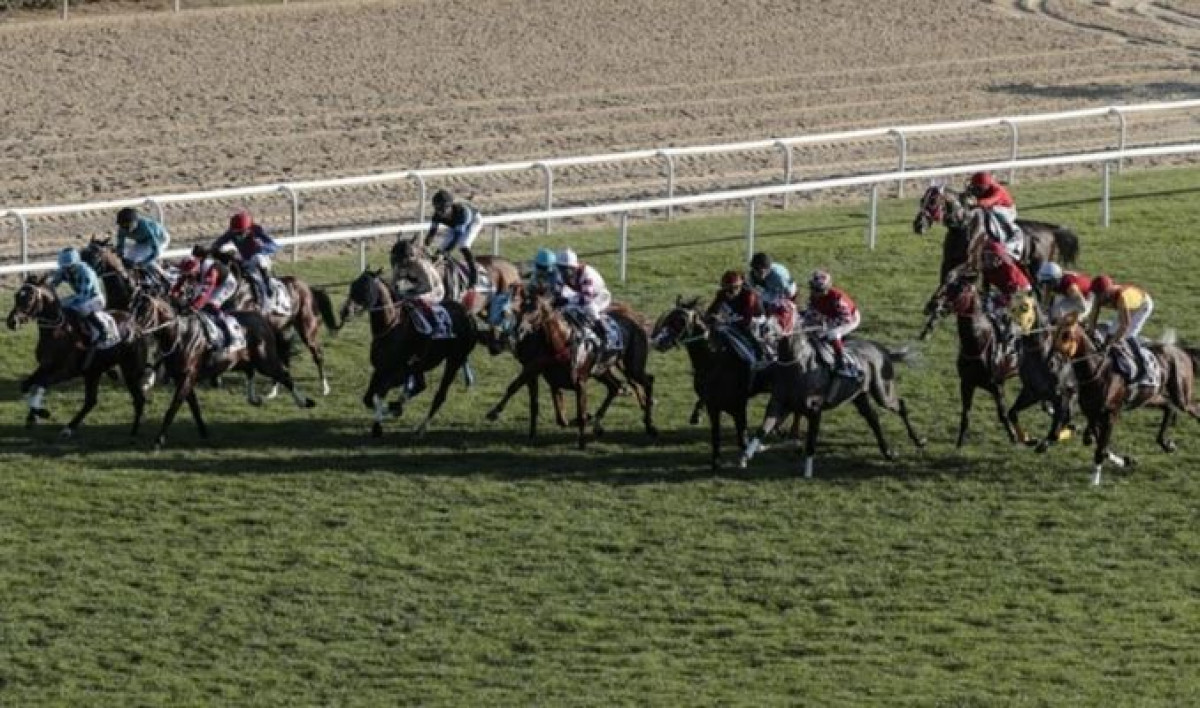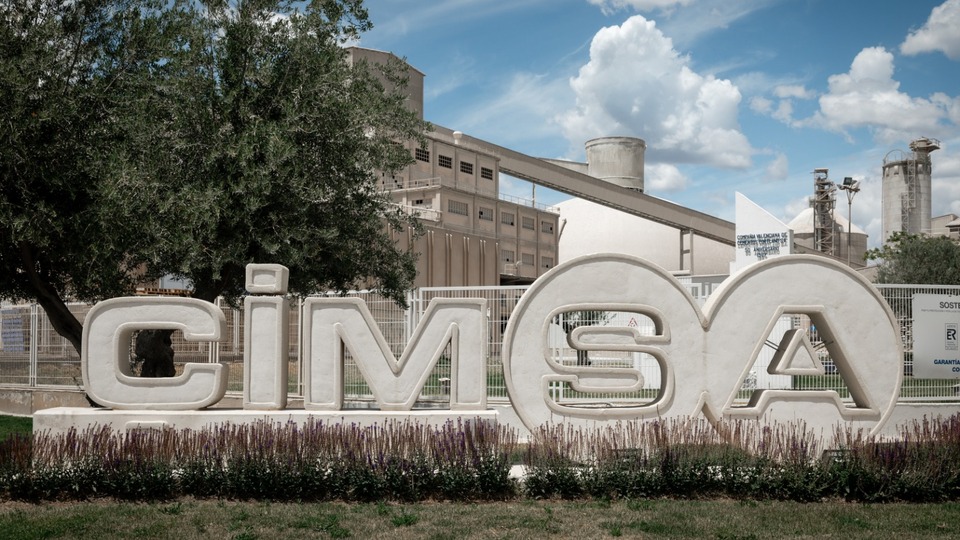
Fitch: Turkish Industrial Companies Under Credit Pressure in 2025
International credit rating agency Fitch RatingsIn its latest assessment report for 2025, it reported that industrial companies operating in Turkey will face high credit pressures. The organization stressed that the slowdown in economic growth, the increase in debt ratios and the depreciation of the Turkish lira will negatively affect the financial balances of companies. “New distortions in macroeconomic indicators could prompt additional reductions in credit ratings” The warning was made.
Currency and Inflation Pressure Pushes Companies
According to Fitch's report, Depreciation of the Turkish lira and it was stated that high inflation is the biggest risk element for industrial companies. Companies that make production dependent on imported inputs face cost pressure due to fluctuations in exchange rates. The weight of foreign currency liabilities creates an additional burden on the balance sheet, especially during periods when the lira depreciates in real terms. Arçelik (BB-/Negative) and Vestel (B-/Negative) It is stated that companies operating both in the domestic market and in Europe, are more significantly affected by these pressures.
Demand Narrows and Competition Intensifies
The contraction in domestic demand is negatively affecting the profitability projections of industrial companies. High interest ratescurbs consumer spending and reduces investment appetite. On the other hand, the price advantage of products of Chinese origin and the recent valuation of TL in real terms increase the competitive pressure for exporting companies. Fitch notes that the economic recession in Europe is also putting additional pressure on exports from Turkey.
Debt Rate Rises, Cash Flow Weak
At 2.3% in 2022 net debt/EBITDA ratio It is projected to rise to 3.8% in 2025. Combined with the increased need for working capital, weak cash flows and high borrowing costs, especially In grade group 'B' The liquidity risk for companies is increasing. Firms with high short-term debts are turning to refinancing by maintaining relationships with local banks. Despite this, free cash flow is expected to remain weak or negative in the medium term.
Which companies are relatively advantaged?
Fitch, which generates foreign-exchange income and has the capacity to reflect energy costs on its prices Limak (B+/Stationary) and Shimko (B+/Stable) He points out that companies like this are relatively more advantageous. In contrast, it is sensitive to volatility in energy and commodity prices Bottle (B/Negative) It is noted that companies like this are more affected by global fluctuations.
Fitch's Latest Warning: Note Discounts Are on the Table
Fitch, in 2025 macroeconomic instability, demand contraction and deepening financing difficulties In the event, he said, additional pressures on credit ratings for Turkish industrial companies would be inevitable. The organization points out that companies with financial flexibility and strong cash management can emerge more resilient from this process.
Benzer Haberler
.png)
Yakında Tüm Platformlarda
Sizlere kesintisiz haber ve analizi en hızlı şekilde ulaştırmak için. Yakında tüm platformlarda...







.png)